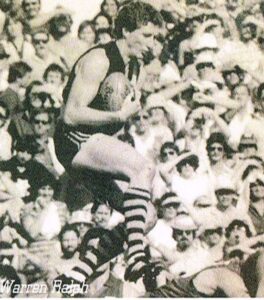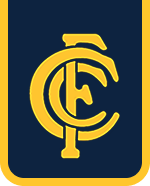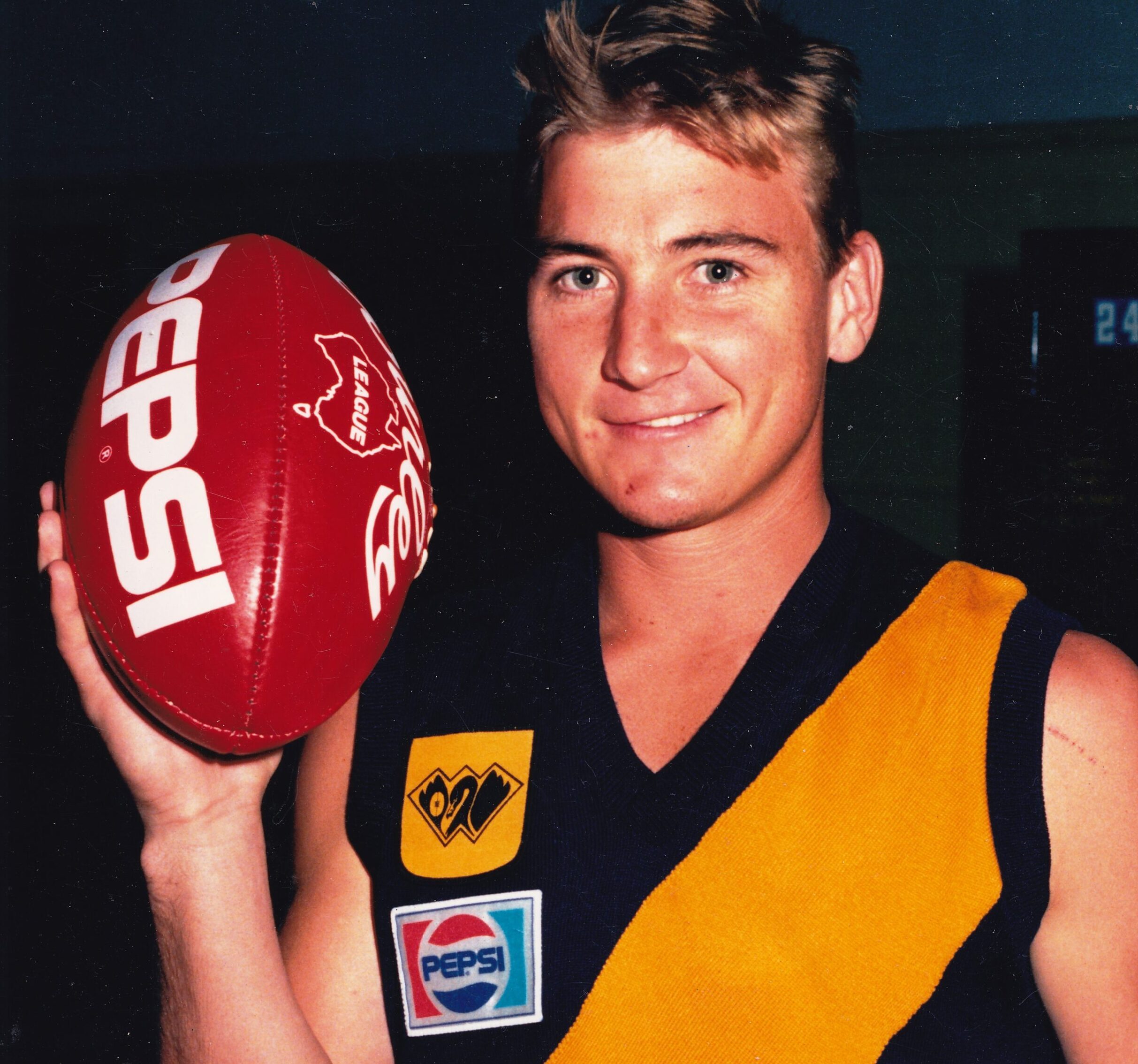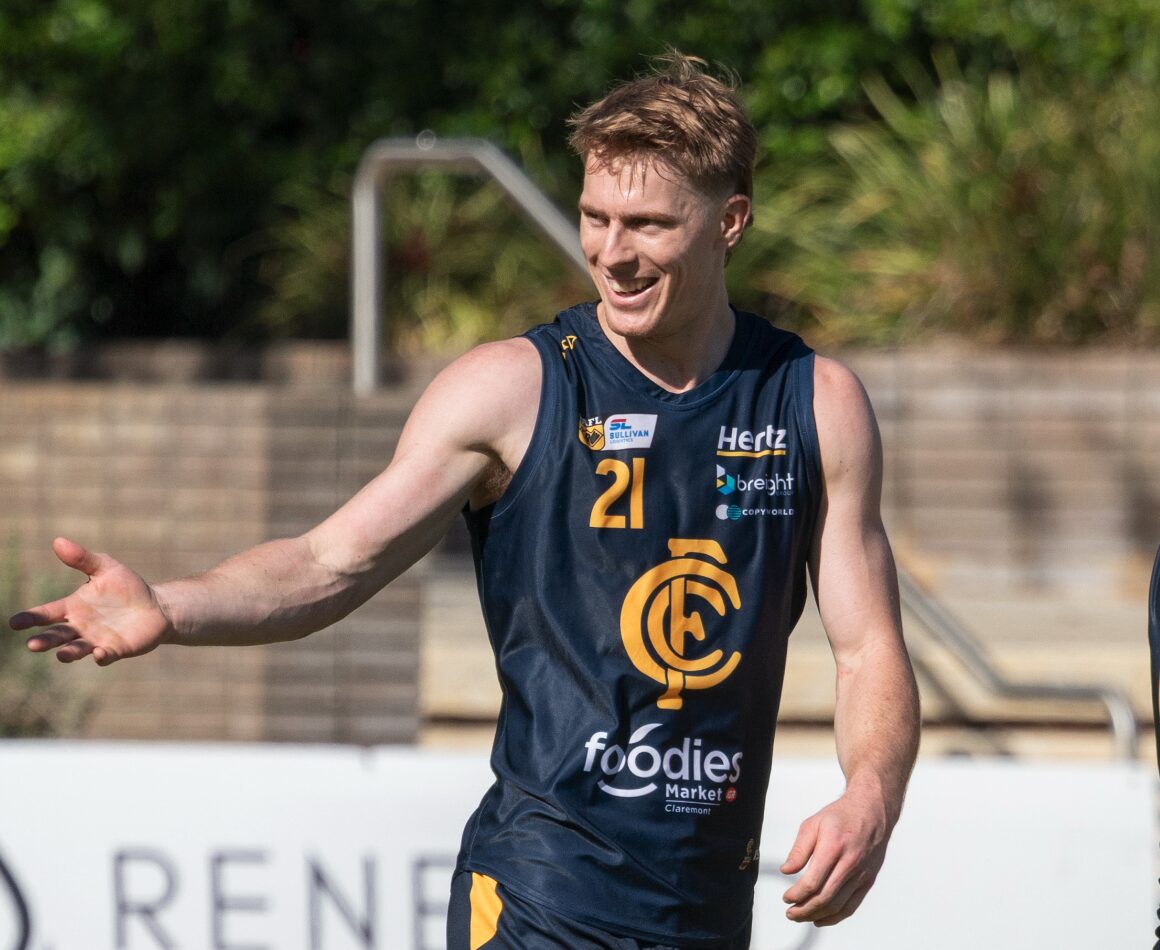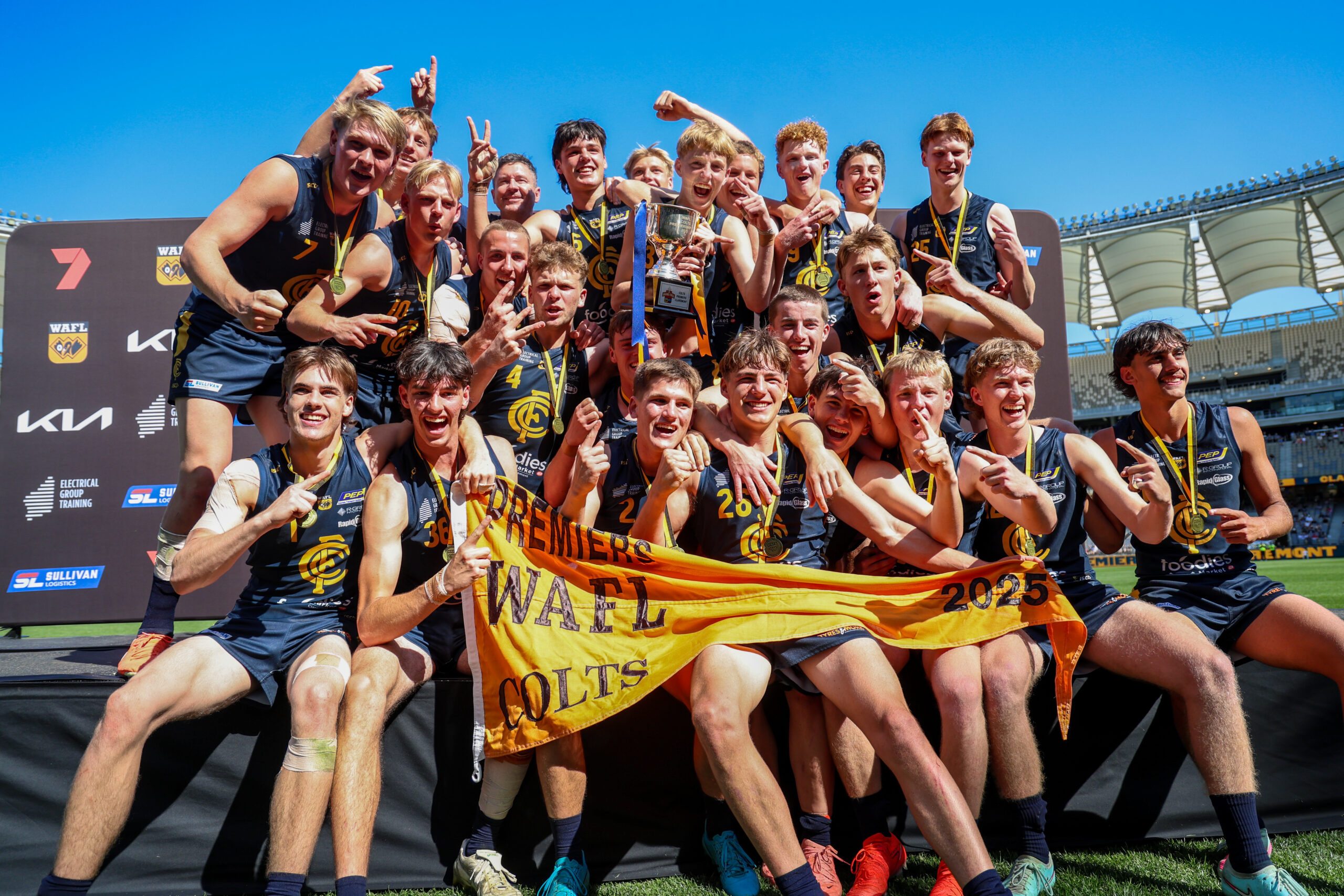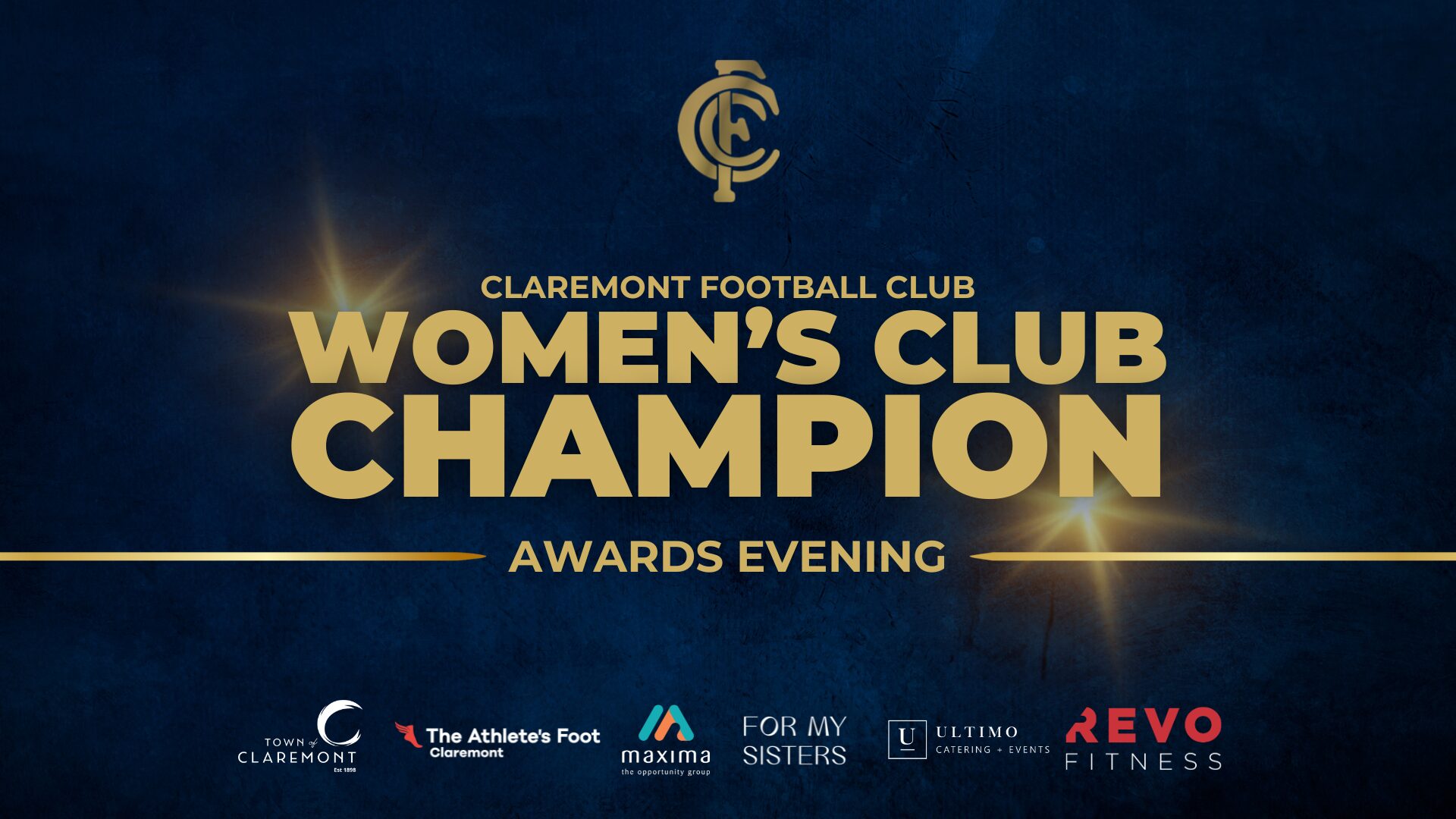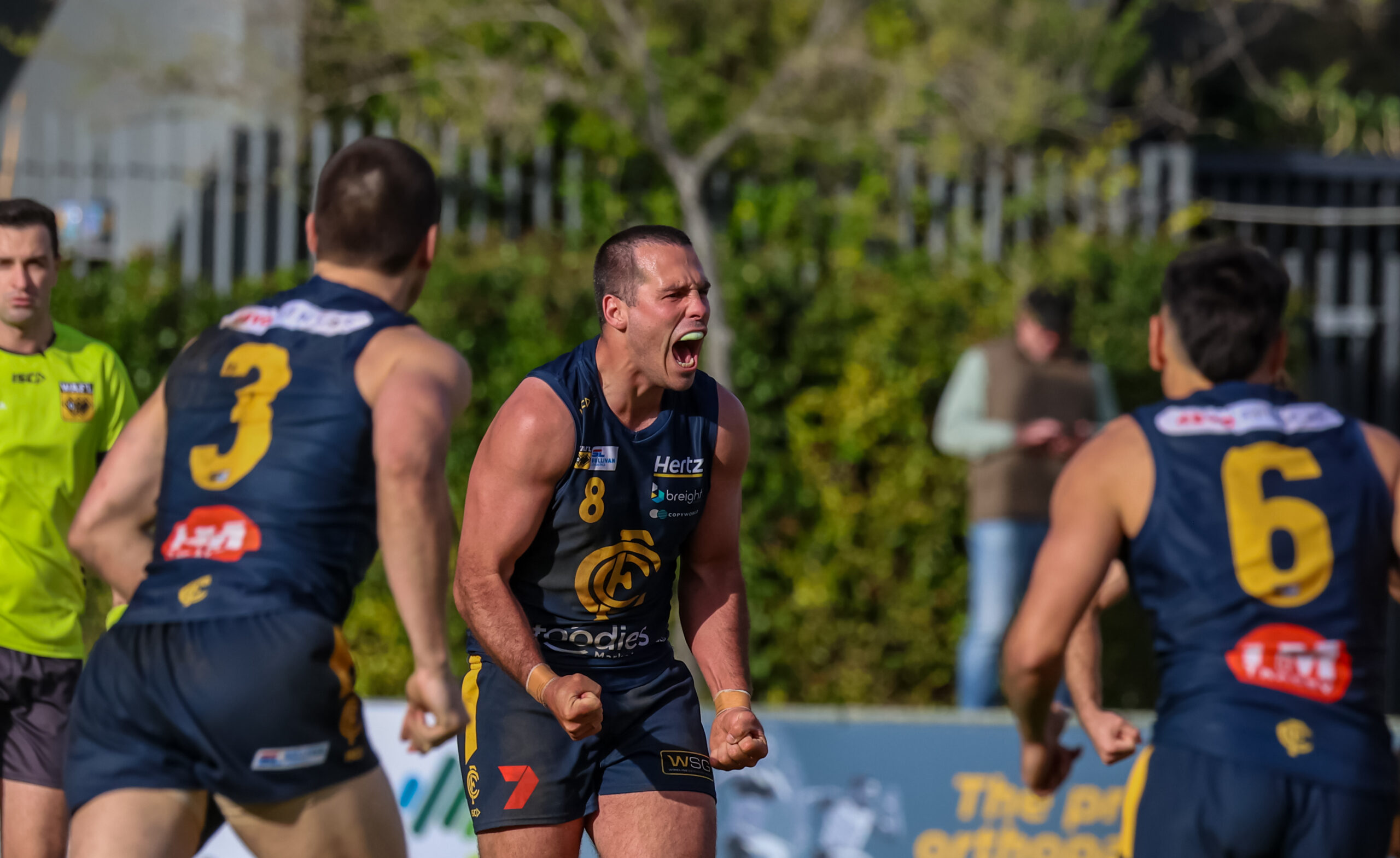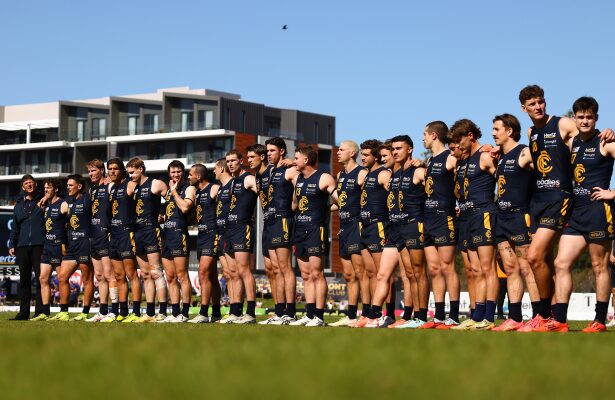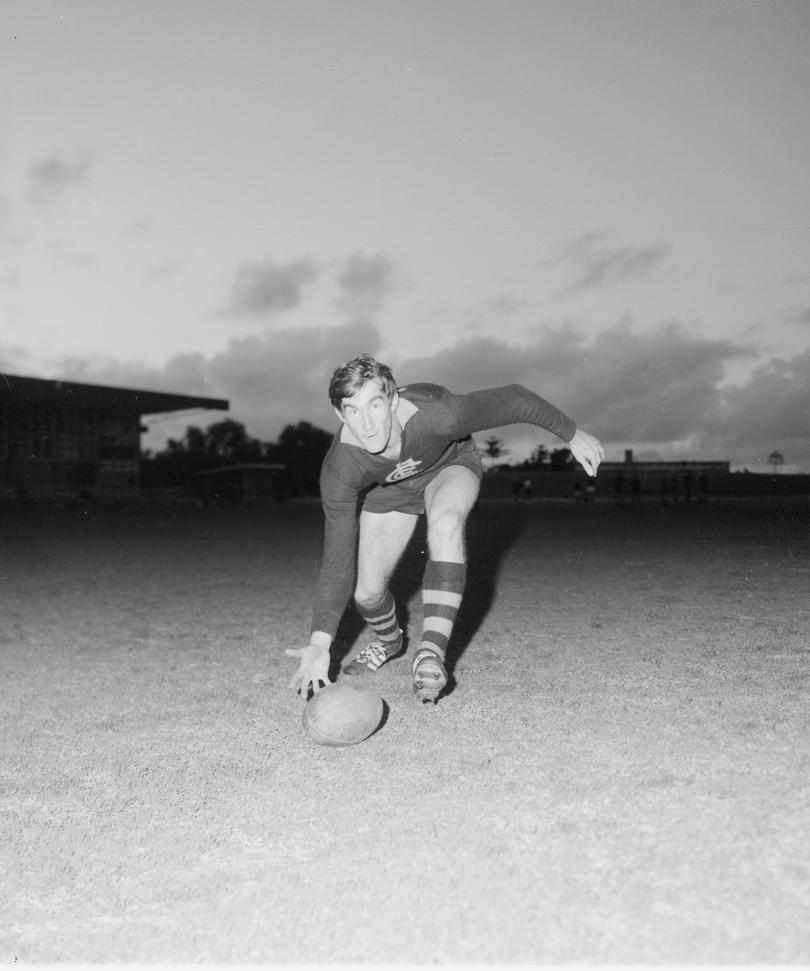Farewell to a Champion
Author: Admin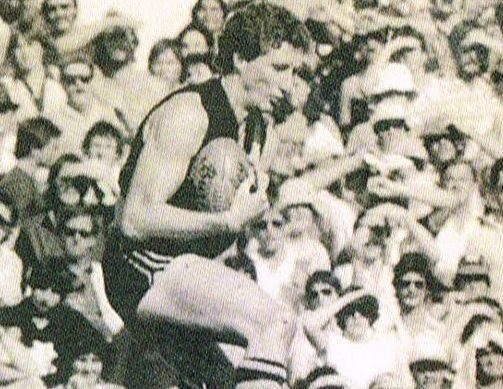
By Ken Casellas
Goalkicking genius Warren Ralph soared to great heights on the football field, and his sudden death last week shocked his many friends and left them, and all at the Claremont Football Club deeply saddened by his passing.
A triple WAFL league premiership player with the Tigers, he had an enormous impact on the club’s fortunes, and he leaves us at the age of 66 with indelible memories of his sheer brilliance.
He thrilled West Australian football fans in the glorious 1980s with his superb fast leading, spectacular high-marking ability and his deadly accuracy in front of goal.
A mercurial performer, Ralph, or Wobba to many of his mates, was a gregarious character, convivial and charming, and quite self-effacing when discussing his career which saw him inducted into the WA Football Hall of Fame in 2019.
He has been a passionate supporter of Claremont, particularly in recent years, including his spirited leadership as president of the club’s Past Players and Officials Association in the past two years.
Ralph stands alone as the leading goalkicker in Claremont’s history, and his tally of 563 goals in 116 league appearances, as well as 15 more in seven Escort Cup matches, saw him retire with a total of 564 goals in senior football for the club — a record which is most unlikely to ever be surpassed.
He was Claremont’s leading goalkicker and also headed the WAFL’s list in each of his first four seasons in league ranks (1980-81-82-83) and added a fifth club title with 75 majors in 1987. He retired with 686 goals in senior ranks, his Claremont tally being boosted by 21 goals in six interstate matches for WA, 72 goals from 21 VFL matches for Carlton and 30 from 14 appearances for Glenelg in the South Australian league.
Ralph began with the Claremont colts in 1978 when he showed early promise, scoring six goals in the second semi-final and playing in the premiership side, which included Steve Malaxos and Darrell Panizza, and beat East Fremantle by 56 points in the grand final.
He lined up with the reserves side in 1979 and finished ninth in the club fairest-and-best award before making his league debut in the round one fixture against East Perth at Claremont Oval on April 7, 1980, when he kicked five goals in a losing cause.
In his eighth league appearance Ralph booted 11.6 against East Fremantle at Claremont Oval, and he ended his WAFL career with a remarkable tally of twelve bags of ten or more goals , with the high point being his magnificent effort of scoring 16.2 against Subiaco in round 18, 1983, when he took 19 marks and had 23 kicks to help the Tigers crush Subiaco by 166 points, 37.9 to 11.9, on a memorable day at Claremont Oval.
Ralph, who wore the No. 16 jumper every season at Claremont apart from his final year when he donned the No. 15 jumper, relished contests against Subiaco, when in 18 matches against the Maroons he scored 108 goals, with the Tigers winning 16 of those matches, drawing one and losing one. He retired with a perfect record against Perth, with 15 victories from 15 matches, and he played against East Fremantle 14 times for just one defeat.
Ralph, who has the distinction of scoring more goals for Claremont in finals than any other player — 48 majors from 13 matches — was lured to Melbourne to play for Carlton in the VFL competition in 1984 and made an outstanding debut, scoring nine goals against North Melbourne before scoring six more against Fitzroy the following week.
He was Carlton’s leading goalkicker with 55 in 1984, but a dislocated shoulder and a knee injury restricted him to 21 matches for the Blues before he returned to Claremont after three seasons in Victoria.
After a slow start to the 1987 season Ralph struck top form in the round 13 match when he scored eight goals against East Perth, ten against West Perth in round 16 and nine against East Perth in round 20 before booting ten against Subiaco in the second semi-final and another four against the Lions in the winning grand final.
The lure of conquering fresh goals saw Ralph move to Adelaide to play for Glenelg in the SANFL in 1988 before he returned to Perth late in the 1989 season when he played his final five WAFL matches, scoring 13 goals and retiring after gaining his third premiership medal, with the Tigers beating South Fremantle by 67 points in the grand final.
Thus concluded a joyous football journey with many enjoyable heights. We are now mourning the loss of a true gentleman and legend of the game.
